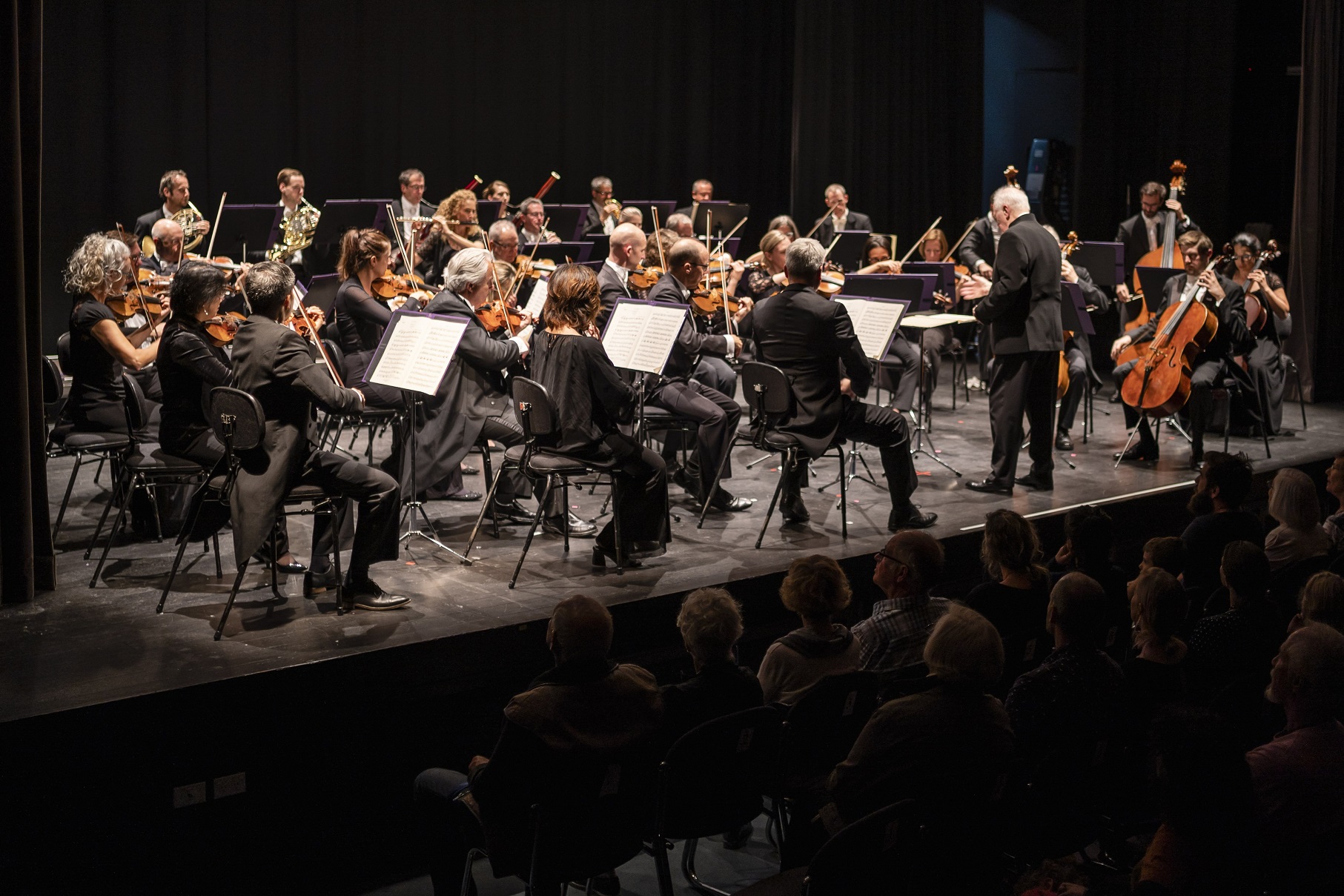
Like a lot of music followers in Dunedin I was shocked to hear that the New Zealand Symphony Orchestra will not be playing any concerts in Dunedin in 2025. The NZSO is Aotearoa’s national orchestra with a mission to bring wonderful music to all New Zealanders. Next year it will not travel further south than Christchurch and so is not fulfilling its mission. I was relieved to hear it will return here in 2026. Thankfully the Dunedin Symphony Orchestra continues to bring us fine orchestral sounds and interesting, varied programmes.
However, the NZSO announcement got me thinking about the arts in Dunedin and our support for them. It was only a few years ago that The Fortune Theatre was lost to Dunedin, and recently I noticed that Musical Theatre Dunedin has not staged an annual large production in some time. There is still plenty of diverse cultural activity in the town but the decline of professional events is a concern. And then, in a week of shocks, we had the hospital announcement. I know many medical practitioners in town who love their music and some of them may be wondering why they are living in Dunedin if this is the way things are going. Although impossible to gauge, the reduction of artistic activities may also have an impact on possible medical recruits to Dunedin, or indeed recruits in any job area!
The same week I attended the launch of the Chamber Music New Zealand series for 2025. Chamber Music NZ has been the cornerstone of solo and small group professional music-making in Aotearoa for over 50 years, and many school students will have enjoyed playing in their annual high schools’ competition. Mercifully, Chamber Music NZ is keeping the faith and bringing four exciting concerts to Dunedin in 2025. At the launch (where there were 13 people) I talked with one of the organisers who told me "Dunedin is difficult"; by this they meant Dunedin has a reputation for being difficult to get audiences. They told me there are now more people attending their concerts in Gisborne than in Dunedin. Again, I was shocked and wondered why this was the case.
I have long been aware anecdotally through conversations with events managers of Dunedin’s reputation for having fickle audiences, ones that may or may not turn up on the day. Of course, with good marketing and an understanding of what will excite an audience it shouldn’t be an issue. I have heard there is quiet concern about the amount of diversity being injected into classical concerts these days and that some in the audience want more familiar fare. Another issue is the timing of concerts: for example, if you tour a concert here when there are no students and not many university staff around you are immediately reducing potential audience numbers. Then there is the current recession and the profound impact Covid has had on the arts.
Having taken all that into consideration, however, I still come away with the uneasy feeling that Dunedin residents are not supporting the arts in general as well as they could be doing. Following the Chamber Music NZ launch, we were treated to a fabulous, entertaining concert by a Dutch wind quintet, Calafax, playing at the very top international standard. The Glenroy was half full. Were the tickets too expensive? The price, $55, might seem a lot to some but in international terms this is relatively cheap. I acknowledge that people on decent salaries like myself are hardly in a position to criticise people for not going to concerts. However, my intention is not to criticise; rather, it is simply to point out that if we do not support musical and artistic events in the city we may not be seeing them here in future.
In my role as head of school at the School of Performing Arts I see many talented, bright-eyed students who hope to make careers in the arts. Are we willing to support them in their endeavours later in life by going to their shows and concerts? Through frugality, apathy and other reasons we may inadvertently contribute to the demise of arts organisations and artistic careers. Use it or lose it.
• Prof Anthony Ritchie is head of the School of Performing Arts, Te Kāhui Tau, University of Otago, Ōtakou Whakaihu Waka.











